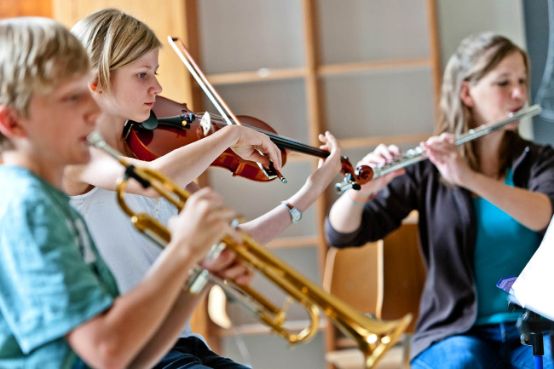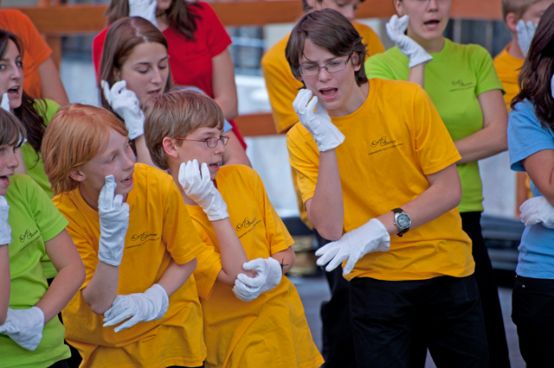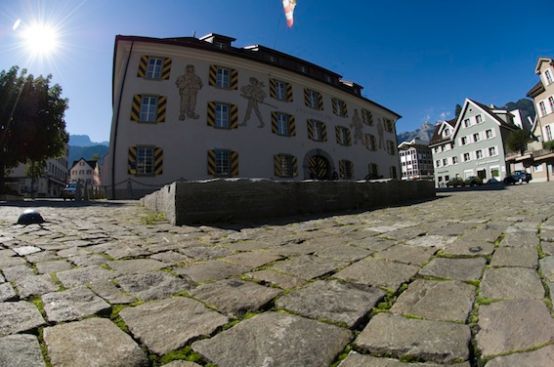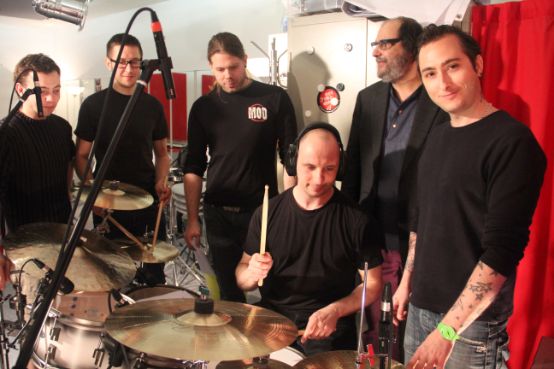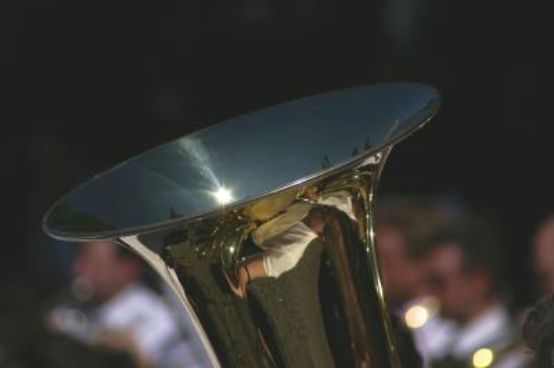The ICMA are the successor prizes to the MIDEM Classical Awards and the Cannes Classical Awards. The jury consists exclusively of professional music critics for classical music, currently 17 media representatives from leading magazines, radio stations and internet services from 13 countries. They selected 15 CDs and DVDs from 275 nominated productions. The jury also presented six Special Awards to recognize outstanding musicians and producers.
The pianist Aldo Ciccolini received a lifetime achievement award, while the German violinist Carolin Widmann was named Artist of the Year. The Young Artist of the Year award was presented in the vocal and instrumental categories to the Romanian countertenor Valer Barna-Sabadus and the Italian pianist Alessandro Mazzamuto. The German company Audite was named Label of the Year, and the founder of the Swedish label BIS, Robert von Bahr, and the Orchestra LaVerdi in Milan were honored for special achievements. The prize for the Classical Website of the Year goes to the Philharmonia Orchestra: www.philharmonia.co.uk
Award-winning CDs and DVDs 2013 by category:
EARLY MUSIC
Amarcord - to St. Thomas; Two Gregorian Masses from the St. Thomas Gradual - St. Thomas Church Leipzig, around 1300; Amarcord Ensemble; RKap 10112
BAROQUE INSTRUMENTAL
Johann Sebastian Bach: Sonatas & Partitas BWV 1001-3 (Vol. II); Isabelle Faust, violin; Harmonia Mundi HMC 902124
BAROQUE VOCAL
Polychoral Splendour; Music from the four galleries of the Abbey Church of Muri by Giovanni Gabrieli and Heinrich Schütz; Cappella Murensis (Siri Karoline Thornhill, Stephanie Petitlaurent, Rolf Ehlers, Jürgen Ochs, Mirko Ludwig, Manuel Warwitz, Simon Schnorr, Kees Jan De Koning), Les Cornets Noirs, Johannes Strobl; Audite 92.652 Review
VOCAL RECITAL
Christian Gerhaher - Distant Beloved; Beethoven - Haydn - Schönberg - Berg; Christian Gerhaher, baritone, Gerold Huber, piano; Sony Classical 88691935432
CHORAL WORKS
Felix Mendelssohn Bartholdy - Sacred Choral Work; Kammerchor Stuttgart, Frieder Bernius; Carus 83020
OPERA
Stanislaw Moniuszko: Verbum nobile; Aleksander Teliga, Aleksandra Buczek, Leszek Skrla, Michal Partyka, Janusz Lewandowski, Chor i Orkiestra Opery na Zamku / Warcislaw Kunc; Dux 783
SOLO INSTRUMENT
Serge Rachmaninov: Piano Sonata No. 1 in D minor, Op. 28, Piano Sonata No. 2 in B flat minor, Op. 36; Nikolai Lugansky, piano; Naïve AM208
CHAMBER MUSIC
Olivier Messiaen: Quatuor pour la fin du temps
Carolin Widmann, violin, Jörg Widmann, clarinet, Nicolas Altstaedt, cello, Alexander Lonquich, piano; Orfeo C 840121 B
CONCERTOS
Dances to a Black Pipe; Copland - Brahms - Fröst - Piazzolla - Hillborg - Högberg; Martin Fröst, Australian Chamber Orchestra, Richard Tognetti; BIS SACD 1863
SYMPHONIC MUSIC
Albert Roussel: Le festin de l'araignée (The Spider's Banquet), Padmâvatî
Royal Scottish National Orchestra, Stéphane Denève
Naxos 8.572243
CONTEMPORARY MUSIC
Einojuhani Rautavaara: Cello Concerto No. 2 'Towards the Horizon', Modificata, Percussion Concerto 'Incantations'; Truls Mørk, cello, Colin Currie, percussion, Helsinki Philharmonic Orchestra, John Storgårds; Ondine ODE11782
BEST COLLECTION
Anton Bruckner: Symphonies No. 1 - 9; Gewandhausorchester Leipzig, Herbert Blomstedt; Querstand VKJK 1230
HISTORICAL RECORDING
Les Ballets Russes; Igor Stravinsky: The Firebird, Petrushka, The Rite of Spring
Moscow Philharmonic, Moscow State Conservatory Symphony Orchestra, Radio and Television Symphony Orchestra, Dmitrij Kitajenko, Pierre Boulez, Vladimir Fedoseyev; Melodiya 1001990
DVD PERFORMANCE
Francesco Cilea: Adriana Lecouvreur; Angela Gheorghiu, Jonas Kaufmann, Olga Borodina, Alessandro Corbelli, David Soar, Iain Paton, Janis Kelly, Sarah Castle, Maurizio Muraro, Bonaventura Bottone, Chorus and Orchestra of the Royal Opera House, Covent Garden, Sir Mark Elder (conductor) & David McVicar (stage director); Decca 0743459
DVD DOCUMENTARIES
John Cage - Journeys in Sound. A Film by Allan Miller & Paul Smaczny; Accentus ACC 20246






